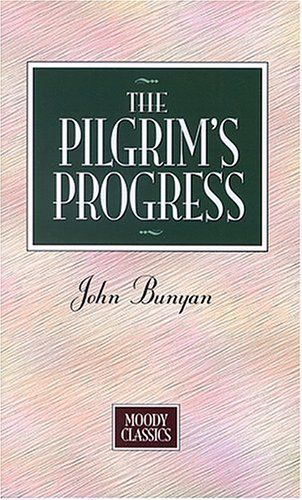
Reviews
Karis Ryu@karisr
Todd Luallen@tluallen
Rjyan C Kidwell@secswell
Liz Prinz@prinzy
Lindsay Hollmann@sunflowergord
Jason Rivette@jrivette1
Franz William’s Perfect Nightmare Extravaganza @nothings
Grace Elizabeth@galaxies_of_grace
Grace Ackerman@livelifelovelaugh
Emily Burns@emilymelissabee
Carissa @currancm
Elisabeth Bontrager@livingforjesus08
Elizabeth McInerney @mamamcinerney
Debra@heavenlyfires
Geert Kraaijeveld@nathorius
Matthew Royal@masyukun
Ioana Kardos@ioanakardos
Aaron McCollough@rondollah
Joshua Line@fictionjunky
Harley Rae@realmofrae
Eliset Cassidy@lizziecassidy
Stephanie Ridiculous@stephanieridiculous
Abby@abbywooden
Cindy Scott@cindys55